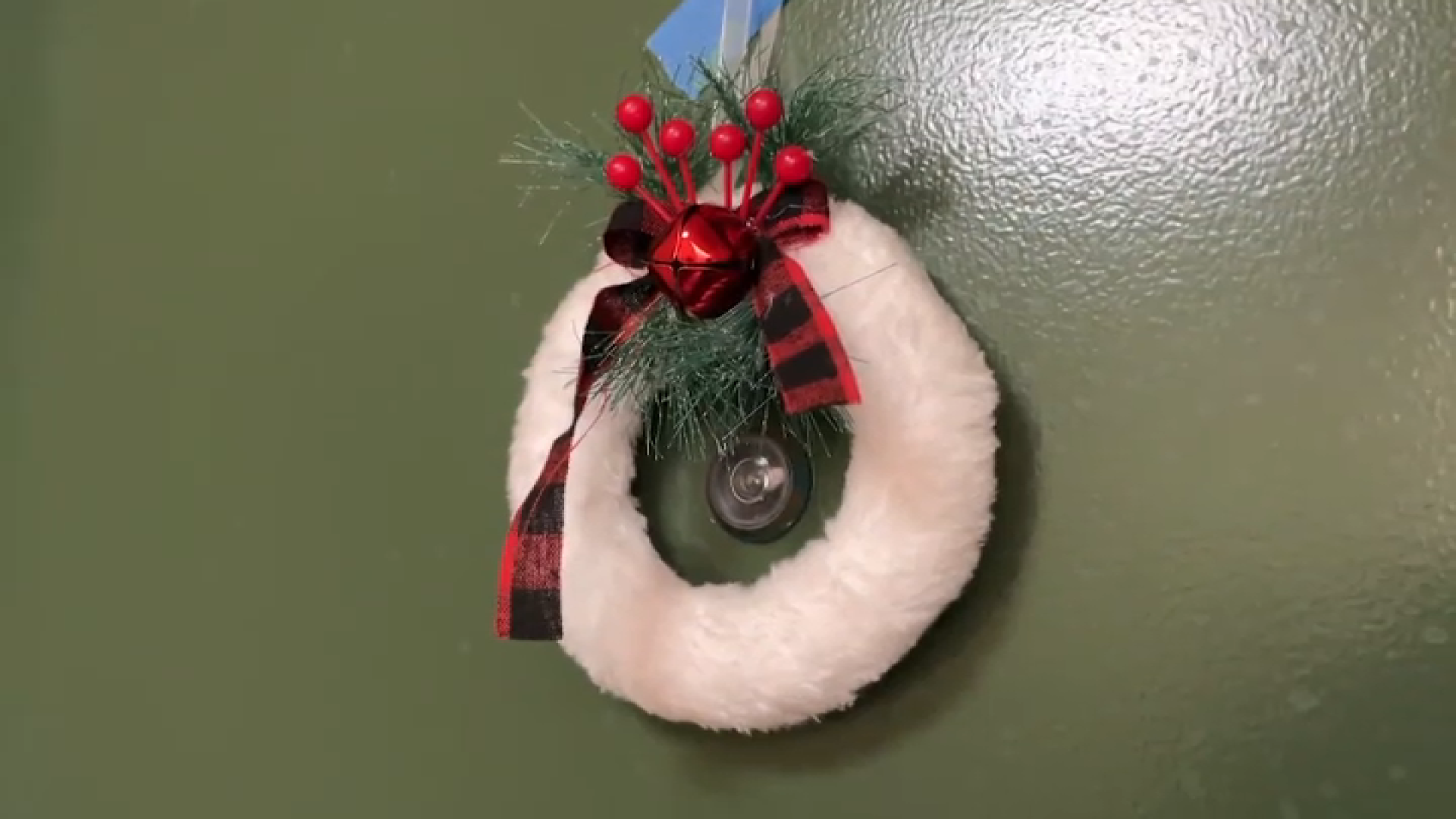
Guests at the San Diego Zoo were the first to witness a rare, heartwarming event.
In the early hours of July 6, red panda mother, Adira, was seen with her 1-month-old cub. The cub's birth marked a rare milestone for the zoo.
Since 2006, no red panda has been born at the San Diego Zoo, and the species itself has experienced a population decline.
For 50 years, the red panda population has decreased by 40%, now becoming listed as an endangered species due to habitat loss and more, according to the International Union for Conservation of Nature Red List of Threatened Species.
Get top local stories in San Diego delivered to you every morning. >Sign up for NBC San Diego's News Headlines newsletter.
In partnership with the nonprofit Red Panda Network the San Diego Zoo Wildlife Alliance (SDZWA) aims to restore and protect vulnerable habitats belonging to red pandas.
Outreach extends to local communities in Nepal, an area common for red pandas, to preserve the species’ declining population.
“San Diego Zoo Wildlife Alliance’s work in Asia is focused on the illegal wildlife trade and reducing the demand for wildlife products. This is essential for conserving the unique species that call that region home,” said Dr. Nadine Lamberski, chief conservation and wildlife health officer with SDZWA said. “Good news, such as the birth of this new red panda cub, raises awareness of the threats to wildlife and what we can do to safeguard biodiverse ecosystems for future generations.”
Local
Despite red pandas experiencing a decline in numbers, seeing Adira and her cub — who has yet to be named — was an astonishing sight for staff members at the San Diego Zoo, instilling hope for the endangered species.
“The birth of any animal is always an emotional experience, but for a species that hasn’t conceived in so long, this moment is even more remarkable,” said Erika Kohler, senior vice president and executive director at the zoo. “Every birth carries so much weight, so this cub provides hope for everyone working to save this important Asian species.”



